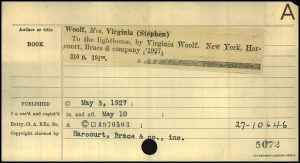 On January 1, 2024, a significant shift in intellectual property rights occurred with the iconic American pop culture figure, Mickey Mouse, entering the public domain. The copyright for Mickey’s debut appearance in the 1928 short film, “Steamboat Willie,” finally expired, allowing a specific portrayal of the beloved character to become available for public use.
On January 1, 2024, a significant shift in intellectual property rights occurred with the iconic American pop culture figure, Mickey Mouse, entering the public domain. The copyright for Mickey’s debut appearance in the 1928 short film, “Steamboat Willie,” finally expired, allowing a specific portrayal of the beloved character to become available for public use.
This momentous occasion follows a prolonged journey shaped by numerous extensions and revisions of copyright laws. Under U.S. copyright law, which typically spans 95 years, the extension became colloquially known as the “Mickey Mouse Protection Act.” This extension, sought not only by Disney but also by a coalition of copyright holders, aimed to safeguard their works for an extended period.
Jennifer Jenkins, a law professor and director of Duke’s Center for the Study of Public Domain, compared this milestone to the puff of smoke from a steamboat, expressing her enthusiasm at the symbolic moment.
 Indiana Intellectual Property Law News
Indiana Intellectual Property Law News


